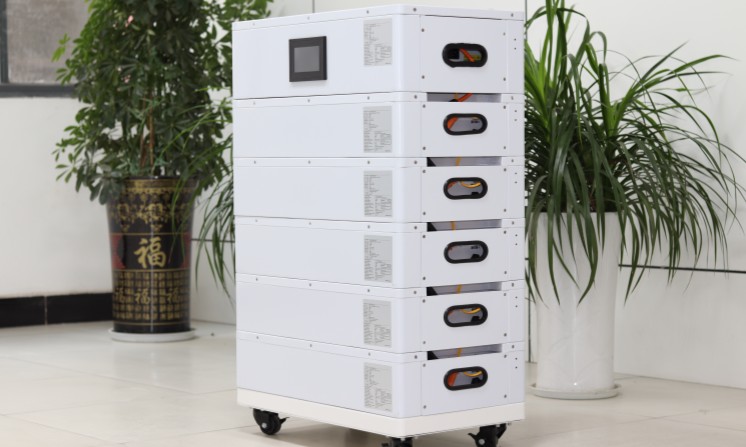How to use home solar batteries correctly
May 14, 2024
With the popularization of home energy storage systems, the life and performance of solar cells directly affect user experience and system safety. As a company that has been deeply involved in the energy storage field for more than ten years, GreenMore has summarized a set of scientific and practical maintenance plans for home energy storage lithium batteries based on the operating data of more than 200,000 sets of products and the characteristics of lithium-ion battery materials. This article will provide systematic guidance for home users from three dimensions: usage scenarios, environmental control, and charging and discharging strategies.
Environmental Control
1.Temperature Management
Lithium batteries are highly sensitive to temperature. Experimental data show that the cycle life can reach 6,000 times at 25°C, while it is reduced to 2,800 times at 45°C. GreenMore recommends:
Operating temperature: Keep the temperature between the equipment rooms between 15℃ and 30℃. In summer, it is recommended to install ventilation equipment or air conditioning to assist in temperature control.
Extreme weather response: The temperature of the equipment room must be maintained above 5°C in winter, and the humidity must be maintained at ≤65%RH in the rainy season
2.Physical protection
Earthquake-proof design: GreenMore patented modular earthquake-resistant bracket, can withstand 6-magnitude earthquake impact
Dust and water proof: Equipment rooms must meet IP54 protection level to prevent metal debris or liquid from penetrating and causing short circuits
It is recommended to regularly check the appearance of the battery module, focusing on abnormalities such as electrolyte leakage and shell deformation
Charge and discharge strategy
1.Charging Management
Smart dispatch: GreenMore energy storage system built-in BMS system can automatically match the peak and valley electricity prices of the power grid, and users are advised to turn on the "smart charging" mode
Deep protection: When the SOC (state of charge) is lower than 20%, the system will be forced into low power mode to avoid over-discharge damage
Charging cutoff: The system defaults to charging to 90% SOC, and users can adjust it to 80%-95% through software to balance battery life and life
2.Discharge control
Load management: Avoid starting high-power appliances (such as air conditioners and ovens) at the same time. It is recommended to use electricity at different times to avoid peak hours
Discharge depth: It is recommended to keep the SOC between 30% and 80% for daily use. In extreme cases, it can be lowered to 20%, but it needs to be recharged as soon as possible
Dormant activation: Long-term idle equipment needs to undergo a complete charge and discharge cycle every 3 months to maintain electrode activity
Maintenance
1.Regular testing
Monthly self-check: Check key parameters such as battery voltage balance and internal resistance change through system software
Annual inspection: certified engineers conduct insulation testing, capacity calibration and other professional maintenance
Early warning response: The three-level early warning mechanism (yellow/orange/red) of the BMS system can push fault warnings 72 hours in advance
2.Storage Specifications
Short-term storage: If power outage maintenance is required, it is recommended to adjust the SOC to 50% and store at 15℃-25℃
Long-term storage: Batteries that have not been used for more than 6 months need to be recharged to 60% SOC every quarter
Waste treatment: Contact professional recycling channels and use physical crushing + hydrometallurgical process to achieve 95% material recovery rate
Common Misunderstandings and Solutions
Incorrect operation
Scientific advice
Charge while using
Avoid high load operation at the same time, and use the "energy storage priority" mode first
Frequent full filling
Adopting the "shallow charge and shallow discharge" strategy, the SOC fluctuation is controlled within the range of ±30%
Using a non-original charger
Must use GreenMore dedicated charging equipment that has passed professional certification
Dismantle and repair without permission
Any maintenance operations must be performed by authorized engineers. The battery pack has an IP54 protection level
GreenMore always takes "safety, efficiency and sustainability" as the core principle of product design. By implementing the usage methods described in this article, home users can extend the battery life by more than 30% and increase the daily charging and discharging efficiency by 15%. If you need a personalized maintenance and usage plan, please log in to the GreenMore official website www.gmsolarkit.com to make an appointment for free diagnostic consultation services. Let us jointly protect energy security and promote the popularization of green lifestyles.



 Network Supported
Network Supported